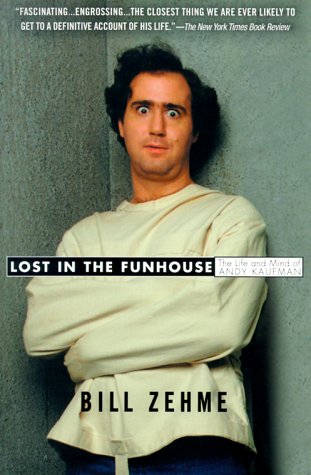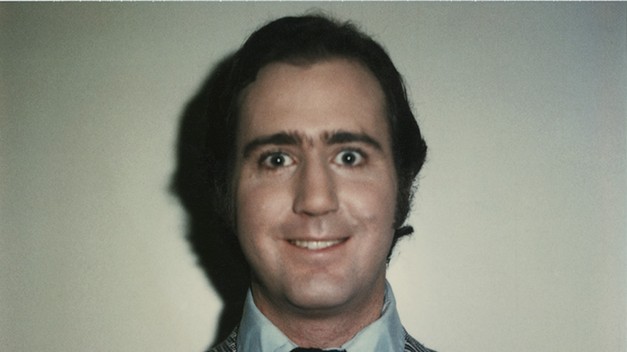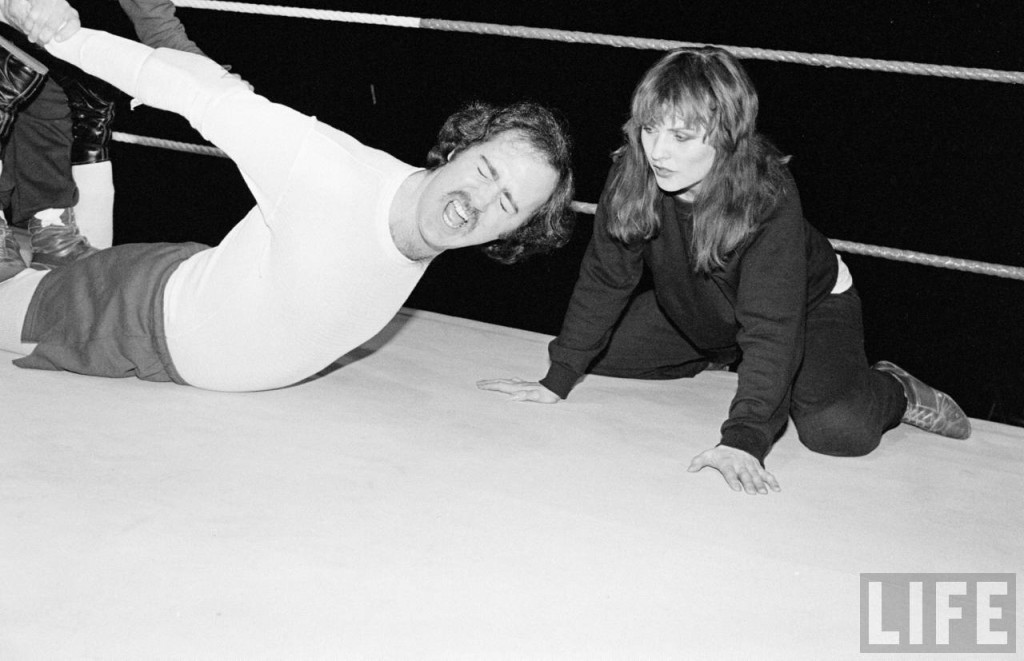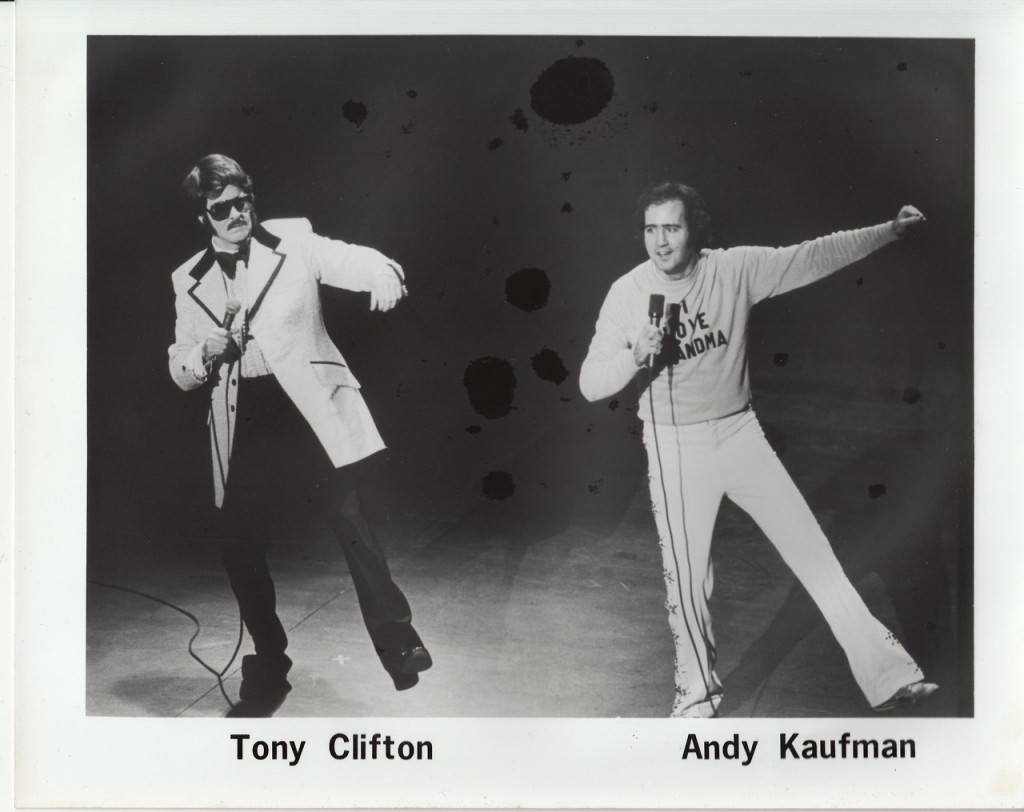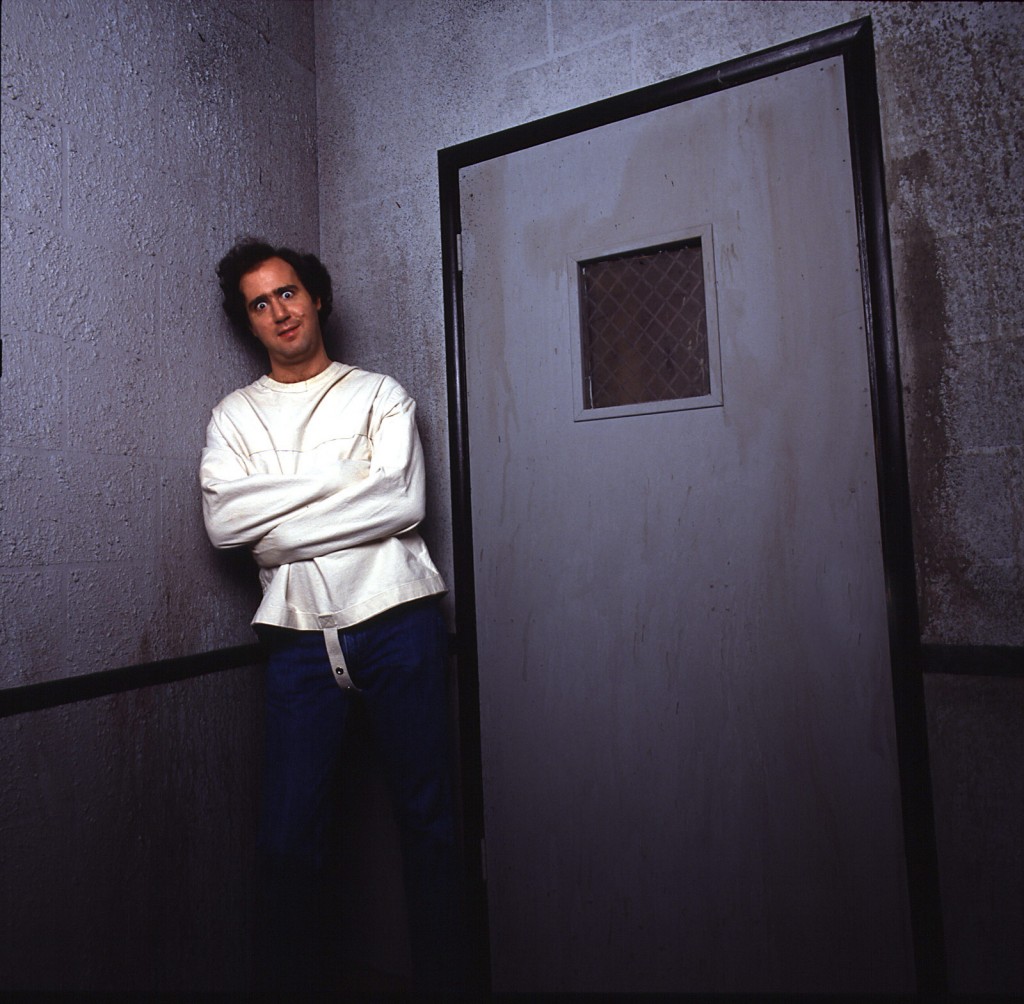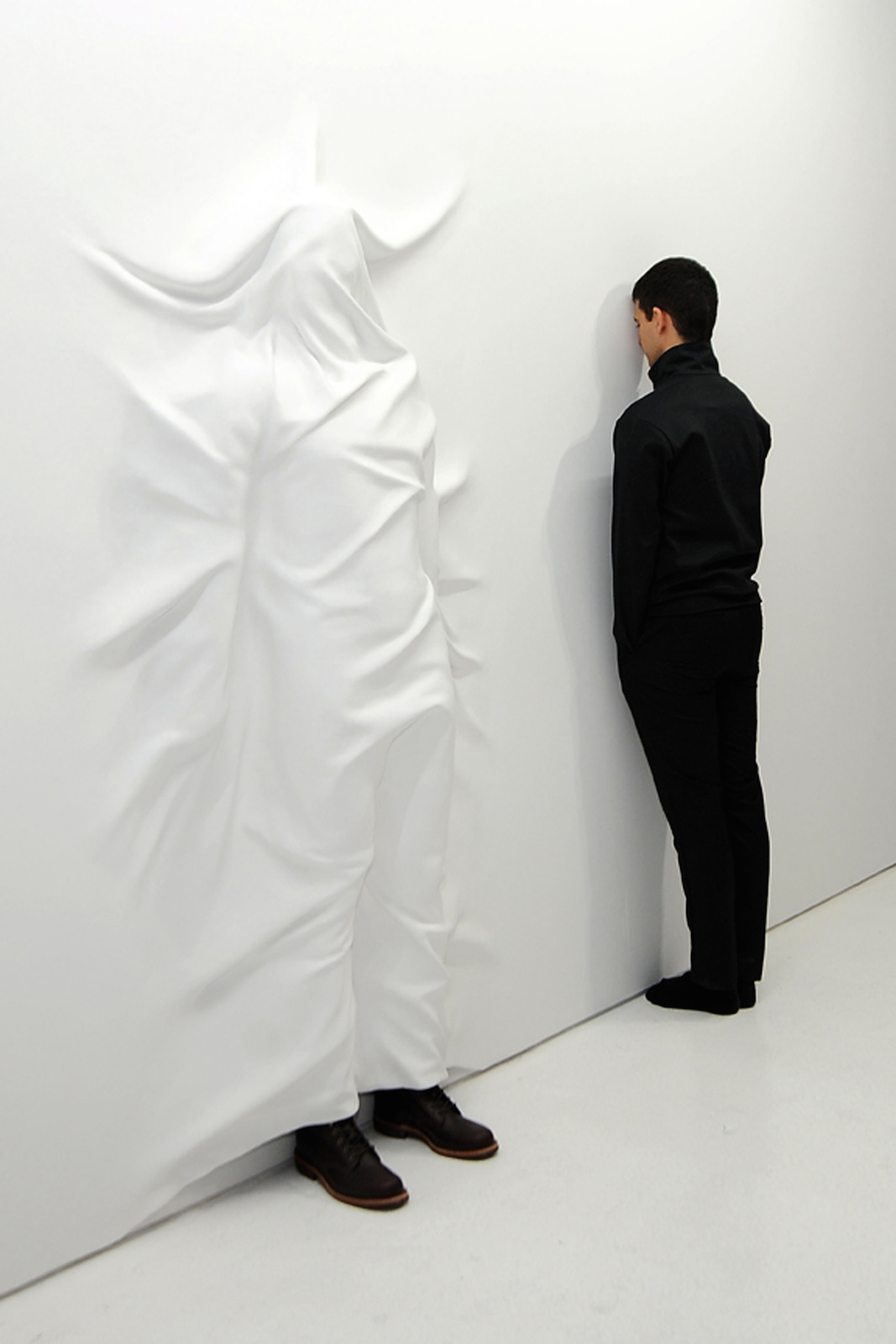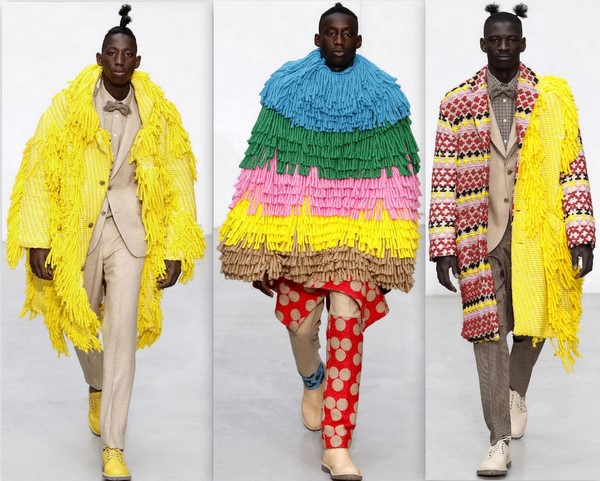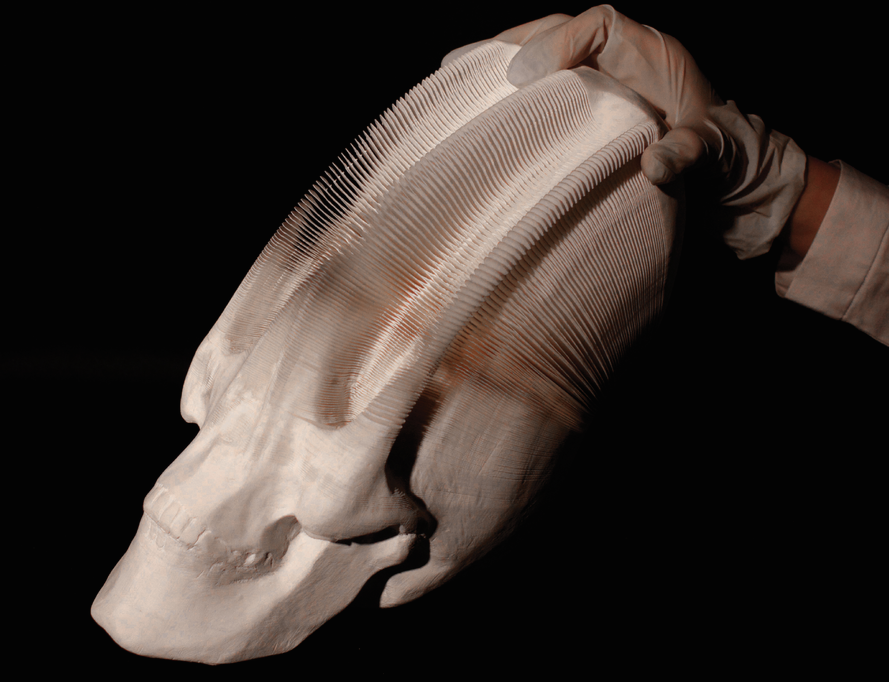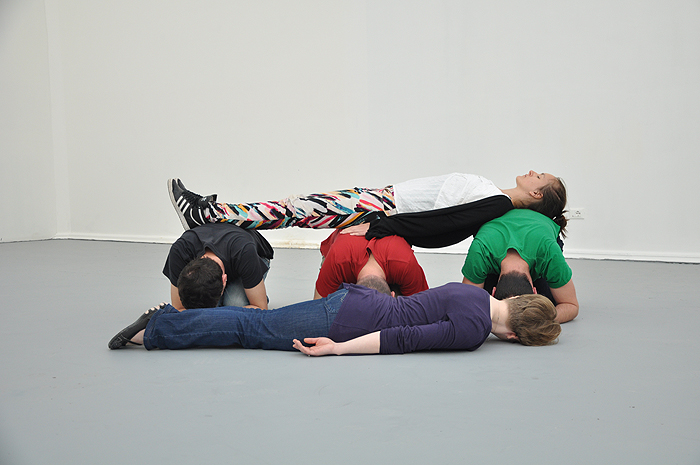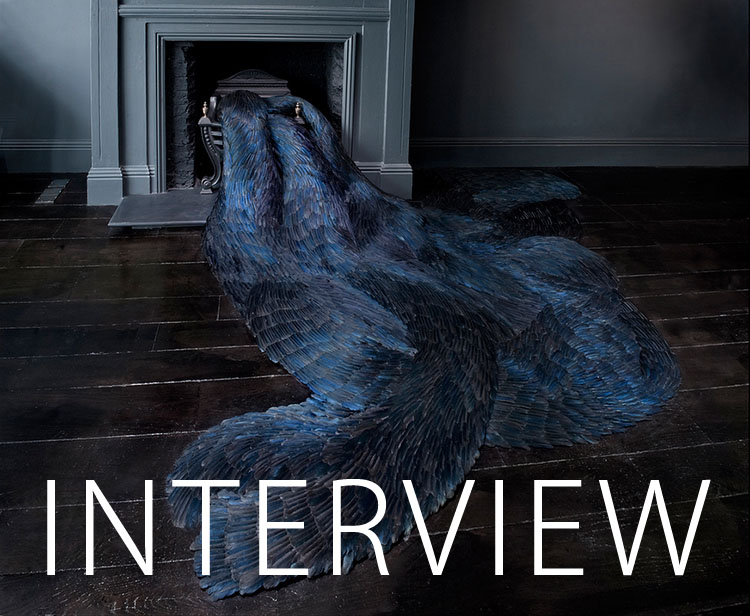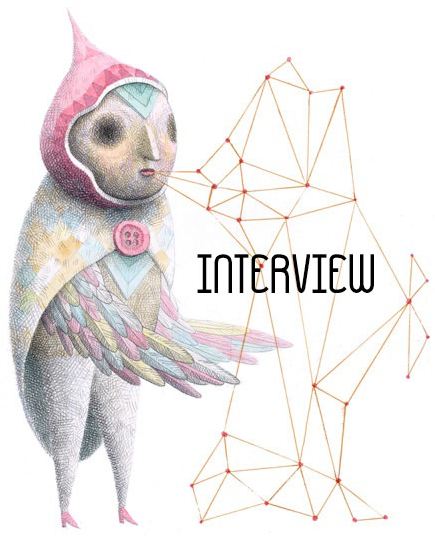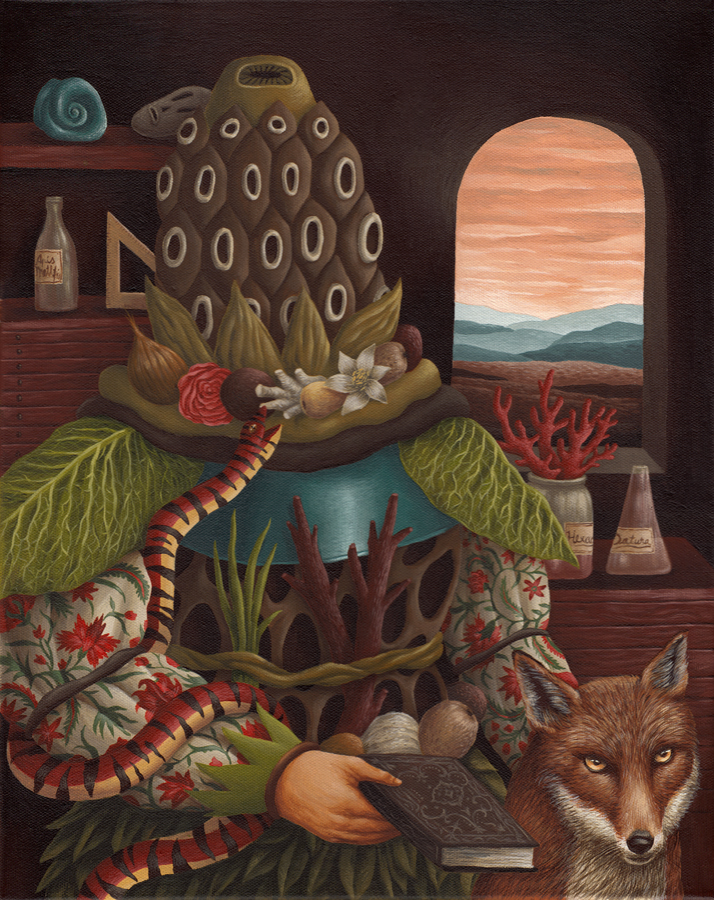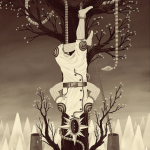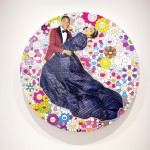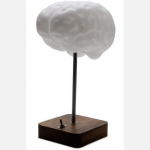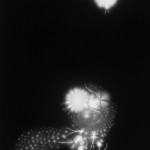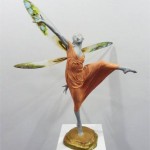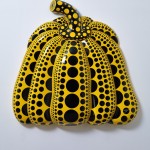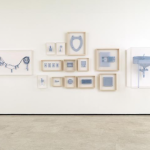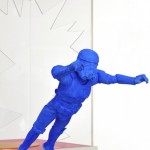INHALE is a cultural platform where artists are presented, where great projects are given credit and readers find inspiration. Think about Inhale as if it were a map: we can help you discover which are the must-see events all over the world, what is happening now in the artistic and cultural world as well as guide you through the latest designers’ products. Inhale interconnects domains that you are interested in, so that you will know all the events, places, galleries, studios that are a must-see. We have a 360 degree overview on art and culture and a passion to share.

Between 1977 and 1979, Andy Kaufman– and his act– changed. In ’77, the comedian (or, as he preferred, “song-and-dance man”) was 28 years old, and his bits were marked by wide-eyed innocence. At that point, it often seemed like his characters were pre-pubescent or eerily unaware of the adult world; in fact, much of his material at the time was culled from previous stints entertaining childrens’ birthday parties as a teenager or hosting a kids’ show, “Uncle Andy’s Funhouse,” in college. For Kaufman, retaining this child-like perspective was essential– he even took up Transcendental Meditation in an attempt to hold onto this aura as he entered his twenties– and it helped to inspire a similar feeling in his audience, to make them think back to a time before bills and heartbreak and death.
A TV special he taped in the summer of 1977 epitomized this era as it featured his hopelessly naive Foreign Man character, a sincere interview with Kaufman’s childhood idol Howdy Doody, and a step-by-step tutorial on how to make chocolate milk. The showcase ended with a sing-along to a song called “This Friendly World”.
Due to its unabashedly offbeat nature (is he kidding? is he serious? what is he?) that special was shelved and would not air until two years later, after Kaufman had gained more fame with his role on “Taxi”. But by then, in the summer of ’79, the performer had, as one TV critic put it, “turned.” He had started wrestling women onstage because he loved wrestling and its ridiculous theater. He also found the activity quite arousing and, according to Bill Zehme’s definitive biography Lost in the Funhouse, it was a good way for Kaufman to break the ice with girls he wanted to have sex with after the show. Not very innocent.
He also invented a new character, Tony Clifton, who was the exact opposite of his lovable Foreign Man– a Vegas-style lout in a bad toupee, tumbling gut, and hideous moustache. Clifton was pure id, a reaction against Kaufman’s kid-friendly former self. Looking back, that period between ’77 and ’79 was especially pivotal for Kaufman– it’s also the timeframe when he taped 82 hours of audio from his everyday life onto his newly purchased microcassette recorder. A keenly edited version of those tapes make up the 48 minutes of Andy and His Grandmother, a comedy album that is, fittingly, unlike any other.
The inspiration behind Kaufman’s home recordings may be a man that his confidant and co-conspirator Bob Zmuda calls Mr. X (due to fear of retribution) in his book Andy Kaufman Revealed!. Zmuda worked for this apparently psychotic Hollywood screenwriter who would get himself into dangerous or outlandish real-life situations– like insulting a mob boss’ mother at her birthday dinner– record them on audiotape, and then use those recordings as catalysts for his writing. Such mixing of fact and fiction was catnip for Kaufman, whose life often seemed like a series of pranks and put-ons. So Andy and His Grandmother– compiled by veteran comedy writer/producer Vernon Chatman (“Louie”, “South Park”, “The Chris Rock Show”) and documentarian Rodney Ascher (the Shining-obsessed Room 237)– isn’t merely a recording of Kaufman’s stand-up performances, but rather recordings of real-life conversations that would plant creative seeds in his eccentric mind. Considering that many of the record’s most memorable moments document wildly heated phone calls, it can seem likeAndy and His Grandmother is more similar to a Jerky Boys album than comedy classics by Steve Martin or Bill Cosby.
Because, by-and-large, this is a record of provocation. It’s also probably one of the most clear-eyed accounts of the “real” Andy Kaufman in existence, a serious feat considering his notoriously slippery relationship with what most of us call reality. The candidness here can be startling, even by 2013 standards. A track called “Slice of Life” has Kaufman talking to one of the many women he bedded while on tour in the late 70s. “We just screwed and here’s the afterward conversation,” he announces, before continuing: “It didn’t look to me like you were enjoying it that much.” But this isn’t laugh-out-loud funny. It’s unflinching. He asks her, “What happens if you got a baby?” to which the unnamed woman responds, “I’ll hop a plane to Toronto and get a little abortion.” Naturally, she asks for him to turn off the tape (there’s an entire track here devoted to the voices of people requesting– often in an incensed tone– for Kaufman to “shut that off”) but he’s adamant: “Why is it that nobody understands that the kind of conversations that nobody wants me to tape are the kind of conversations that should be taped?” It’s the sort of philosophy that runs through the work of many great comedians, from Woody Allen to Louis C.K., laid perfectly bare, without the filter of a camera lens, script, or stand-up routine.
Later on, a series of phone calls show up in which Kaufman diabolically riles up a woman who doesn’t appreciate her feelings being used as some sort of meta comedy exercise. “You are fucked up!” she screams. “I WANT THOSE FUCKING TAPES!” The call is followed by Zmuda and Kaufman plotting how they could release the contentious conversations with this one tremendously angry woman as an album. “The concept would be funny because it’s real, but it would be dramatic at the same time,” Kaufman says, before excitedly suggesting to Zmuda, “Wouldn’t it be great if she killed me and you have the tapes?” It’s uncomfortable comedy, the kind that Kaufman would perfect with Tony Clifton and his inter-gender wrestling career. And these talks with various women accentuate the more problematic sides of his personality, the parts that were addicted to prostitutes and womanizing. “He hated that he needed to be with women,” says friend Wendy Polland in Lost in the Funhouse, “because he didn’t like the mind games they played with him. Which I guess was sort of ironic, wasn’t it?” Andy and His Grandmother shows him fighting back against these women, and it can sound as compelling as a car crash.
But it’s not all unusually cringe-worthy. There are moments when Kaufman’s more lighthearted, ’77-era persona shows up, like when he takes his grandmother out for a car ride and tries to convince her that a radar is guiding the vehicle (though that track cannily jump-cuts to a confrontation with a traffic cop who threatens to “knock the shit” out of a belligerent Kaufman). And all that phone yelling toward the end of the album is foreshadowed by another phone bit, “Andy Can Talk to Animals”, where Kaufman gets into a shouting match with what sounds like a squealing pig: “Yeah, whaddya want? Say it fast.” [pig squeal] “I had to change my fucking clothes so I can go out and have a good time and you just made me miss my appointment, so fuck you!” It’s funnier than the real arguments– likely due to the absurdity and lack of actual consequence– but as Kaufman progressed through the late 70s, coaxing laughs from his audience became less and less of an imperative.
At one point during the album, a wronged woman lashes out at Kaufman in a particularly discombobulated– but not inaccurate– manner: “You think that I really don’t know when you goof on me, and you think that I really don’t know, and really I know, and you know that I really know, but you say I don’t know.” These are the mental hoops this one-of-a-kind performance artist would force people to go through on a regular basis, whether onstage or in front of his tiny personal recorder. It’s why he still resonates and fascinates in our world of meta-this and post-that, why anyone would care about a collection of cobbled together personal recordings from an enigma who’s been dead for nearly three decades. Based on Andy and His Grandmother, Kaufman comes off like an asshole, a hopelessly naive loser, a crazy person, a hothead, a hopelessly sweet grandma’s boy, a sexually confused teenager, and a manipulative monster. In other words, he comes off like Andy Kaufman.
via pitchfork.com



